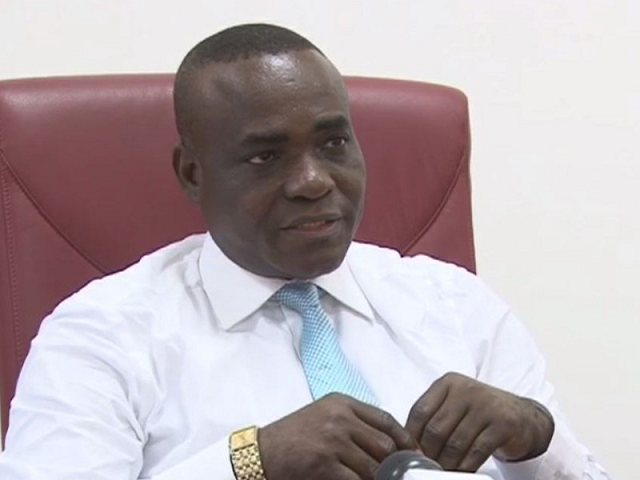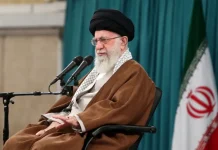Text Box: Says president considering fresh bill
The presidency Tuesday said the Electoral Act Amendment Bill 2018 was vetoed by President Muhammadu Buhari because it contained some constitutional infractions.
The president had vetoed the second bill proposing alterations to the Electoral Act 2010 as amended.
The bill was passed on June 3, 2018 and transmitted to the president on June 27, 2018.
The Special Assistant to the President on National Assembly (Senate), Senator Ita Enang, explained in Abuja that Buhari vetoed the bill due to drafting inconsistencies.
He said the reason for the president’s rejection of the bill was contained in the communication from the executive to the legislature and that he was not in a position to give further explanations.
“I’m not in a position to talk about it,” he said.
He added that the identified infractions and inadequacies had been addressed by another amendment bill passed by the National Assembly on July 24 and transmitted on August 3 to the president for his assent.
According to him, the vetoed bill was the one with contentious provisions and infractions on provisions of the 1999 constitution.
“The reported vetoed bill was the one passed by the National Assembly and transmitted to the president for assent on June 27, 2018, duration of which in line with constitutional provisions expires on July 26, 2018, warranting the said veto.
“Yes, an electoral bill was vetoed or refused assent by the president but not the last version of the 2018 electoral bill transmitted to the president for assent on the 3rd of this month that has just spent 11 days on his table and still having 19 days more for possible consideration and assent,” Enang explained.
Aside the vetoed version of the 2018 electoral bill forwarded to the president on June 27, 2018 and vetoed on July 26, 2018 by the president in line with the 30 days constitutional life lines for such bill, the president had earlier in the year, rejected the first of the 2010 Electoral Act (Amendment) Bill 2018 forwarded to it in February this year.
Buhari had in vetoing the first amendment bill in March cited three reasons for doing so, one of which was the new sequence of elections included in the bill through section 25(1).
The president in his rejection, said the section violated the provisions of section 72 of the 1999 constitution, which empowers INEC to organise elections.
The Court of Appeal has, however, punctured the president’s position in a recent ruling, stating that the federal legislature has the constitutional powers to dictate the sequence of election.
But both chambers of the National Assembly in the new bill transmitted for presidential assent on August 3 deleted all the controversial provisions cited by the president.











